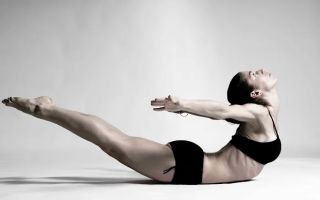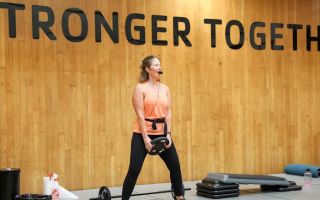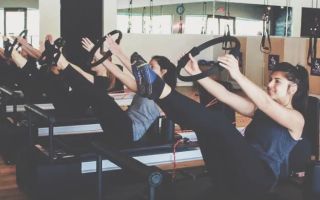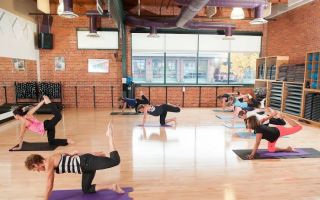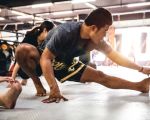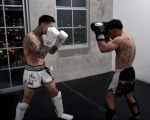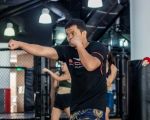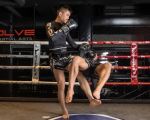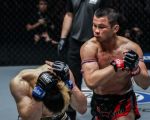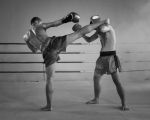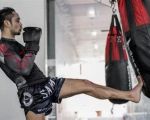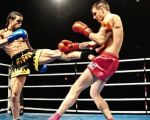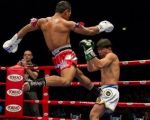Introduction
Muay Thai, often referred to as the "Art of Eight Limbs," is a martial art known for its devastating striking techniques, utilizing fists, elbows, knees, and shins. While many people are familiar with its powerful kicks and knee strikes, Muay Thai punching techniques are equally important in establishing a solid foundation in the sport. In this article, we'll explore the key aspects of Muay Thai punches, provide tips on improving your technique, and look at real-life examples of how fighters use these punches to dominate their opponents.
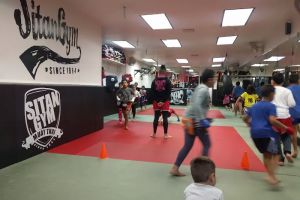
Sitan Gym Muay Thai
25-34 Steinway St, Astoria, NY 11103, USA
The Basics of Muay Thai Punching
Before diving into the different types of punches, it’s essential to understand the core principles behind Muay Thai punching. Unlike traditional Western boxing, which relies heavily on footwork and movement, Muay Thai emphasizes the importance of using the body’s entire structure to generate power in punches.
Muay Thai punches are designed to maximize impact while minimizing effort. The punch should come from the core, with rotation in the hips and shoulders to transfer force into the opponent. Proper hand positioning, as well as defensive stances, are also crucial to protect yourself while striking.

Sityodtong Muay Thai Academy
100 Broadway, Somerville, MA 02145, USA
Types of Muay Thai Punches
There are several different types of punches used in Muay Thai, each serving a distinct purpose in both offensive and defensive strategies. Let's take a look at the most common Muay Thai punching techniques:
- The Jab: A quick, straight punch aimed at the opponent's face. While it may not have the raw power of other punches, it serves as an excellent way to gauge distance, set up other strikes, and keep an opponent at bay.
- The Cross: The cross is a powerful punch thrown with the dominant hand. It often follows the jab and is used to land heavy strikes directly on the opponent’s head or body.
- The Hook: A short punch delivered in a semi-circular motion aimed at the opponent's head, particularly the side of the face or jaw. It’s perfect for close-range combat.
- The Uppercut: This punch travels upward from a lower position and is aimed at the opponent's chin or torso. It is particularly effective when the opponent is trying to close the distance.
- The Overhand Punch: A punch that comes down from above, typically used to attack the opponent’s head. It can be a game-changer when combined with other strikes, making it unpredictable.
Improving Your Punching Technique
Improving your Muay Thai punching technique requires dedication, practice, and attention to detail. Here are some tips that can help you refine your punches:
- Focus on Form: Always prioritize correct form. This means keeping your elbows tight to your body, ensuring your fist lands with the correct knuckle alignment, and rotating your hips for maximum power.
- Strengthen Your Core: Your core is vital for generating punching power. Regular core exercises like planks and leg raises can help you develop the necessary strength to throw more powerful punches.
- Work on Speed: Speed is just as important as power. Practice shadowboxing and speed drills to increase the speed of your punches without sacrificing form.
- Shadowbox Regularly: Shadowboxing allows you to practice your punches in a controlled environment, focusing on technique, speed, and fluidity without the distraction of an opponent.
Real-Life Examples of Muay Thai Punching Techniques
One of the best ways to understand Muay Thai punches is by watching how professional fighters use them in live bouts. Take the legendary fighter Saenchai for example. Known for his exceptional ability to mix punches with elbows and knees, Saenchai uses his jab to set up powerful crosses, making him a master at controlling distance and breaking down his opponents.
Another great example is the use of the overhand punch by fighters like Buakaw Banchamek, whose explosive overhand punch has been a signature move in his fights. By combining it with his impeccable timing, Buakaw can catch his opponents off guard and land devastating blows.
How to Get Started with Muay Thai Training
If you’re new to Muay Thai and want to improve your punching techniques, here’s a roadmap to get you started:
- Find a Local Gym: Look for a gym that specializes in Muay Thai, preferably with experienced trainers who can provide personalized feedback on your punching techniques.
- Commit to Consistent Practice: Muay Thai requires a lot of practice. Whether you’re working on punches, kicks, or footwork, consistency is key.
- Get the Right Gear: Proper gloves and hand wraps are essential for training safely. Be sure to invest in high-quality gear to protect your hands and wrists.
- Take Private Lessons: If possible, schedule a few private lessons with a coach to get individual attention on improving your punching technique.
Conclusion
Muay Thai punching techniques are a crucial aspect of mastering the art. Whether you are looking to improve your skills for self-defense or competition, understanding the different types of punches and how to properly execute them will significantly enhance your overall performance. By practicing consistently, focusing on technique, and learning from the best, you’ll be on your way to mastering Muay Thai punches in no time.
If you're serious about improving your Muay Thai skills and punches, why not invest in high-quality training equipment and enroll in a professional training course? Whether you’re just starting out or are looking to refine your technique, there’s always room for improvement. Start your journey today and watch your skills grow!



